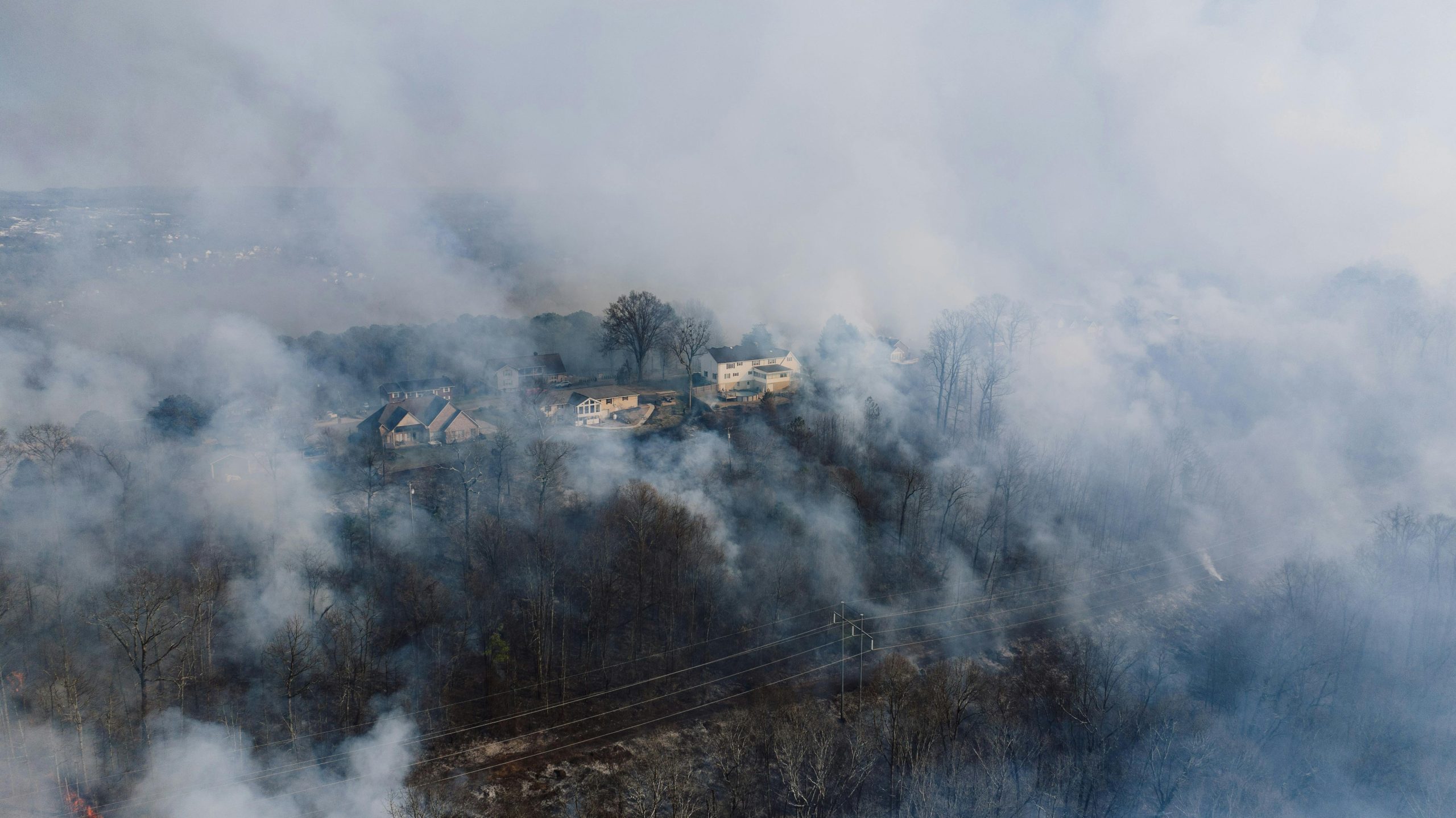What Are Your Options After a Car Accident with an Uninsured Rental Driver? A Guide to Protecting Your Interests
Experiencing a car accident can be stressful enough, but what happens when the at-fault driver is uninsured or improperly covered? If you find yourself in a situation where a rental vehicle driver hits you, and their insurance leaves you hanging, understanding your next steps is crucial. Here’s an overview inspired by real-life scenarios to help you navigate these challenging circumstances.
The Scenario: When the At-Fault Driver is Uninsured or Underinsured
Imagine being involved in a collision caused entirely by a driver behind the wheel of a rental car. Official records—including police reports and surveillance footage—clearly establish their fault. However, complications arise when it turns out that the driver was not listed on the rental company’s insurance policy, partly because their step-father rented the vehicle and did not include her, and she was under 25, which may have affected coverage.
Your own insurance may cover most of your damages, but you could still face out-of-pocket expenses totaling several thousand dollars. Unfortunately, the rental company’s insurance refuses to cover the incident due to the driver not being properly insured or authorized, complicating matters further.
Legal Recourse: Should You Consider Litigation?
In such cases, your insurance provider may advise against pursuing legal action against the at-fault party directly, especially if they lack sufficient insurance coverage or there are obstacles to collecting compensation. They might suggest pursuing a demand for reimbursement, but the at-fault party’s attempts to evade responsibility—such as leaving the scene without exchanging insurance information, not reporting the accident, or refusing to cooperate—can significantly hinder recovery efforts.
Assessing Your Options
-
Review Your Insurance Policy: Understand what coverage you have—such as uninsured motorist protection—that might help cover your damages in situations like this.
-
Gather Evidence: Maintain a comprehensive record of the accident, including police reports, video footage, repair estimates, and correspondence with involved parties.
-
Consult Legal Professionals: An attorney specialized in personal injury and insurance law can evaluate the viability of filing a lawsuit against the responsible individual, especially if they are uncooperative or have limited assets.
-
Consider Small Claims Court: If the amount owed falls within small claims thresholds and you have sufficient evidence, this could be a practical avenue to seek compensation.
Conclusion
While dealing with an uninsured or uncooperative driver after a collision can be daunting, understanding your rights and exploring



